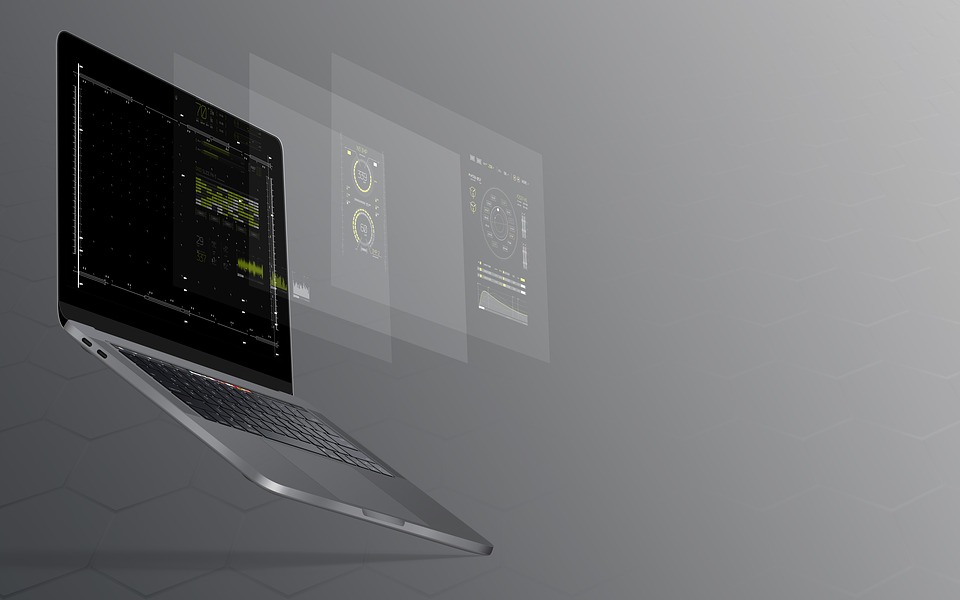
The use of technical aids in the private and professional sector is now a matter of course, and above all, a PC or laptop is now in the majority of all households.
Both help to shop. You can do banking with them without having to leave the house, and even communication with distant relatives or friends is possible with them. Before buying, however, more and more consumers are now asking whether a PC or a laptop is more sustainable. Environment-friendliness has become a big deal worldwide that even private organizations such as the Agroforestry Group dedicate themselves to preserving the forests (see Agroforestry Group review to learn more about them).
In this post, we try to give an answer.
PC or laptop – the intended use is crucial
The answer to the question of whether you should rather buy a large PC (personal computer) or a handy laptop depends mainly on what you want to use the device for, how much space you have for the computer, and what performance the device must provide to meet the requirements.
The areas of application are very different, and different requirements are made for each area in terms of screen size, memory, storage capacity, or speed. Today, PCs and laptops are used, among other things:
- at the workplace (in the office or home office)
- at school (as a work tool and medium)
- in business (for the control of business processes)
- in the private sector (as a TV and music medium or as an access medium to Internet gambling, which allows you to participate in it legally and safely)
Above all, PCs or laptops offer access to the Internet and enable the user to obtain information, acquire knowledge, get in touch with people worldwide and, for example, compete with them in online casinos in gambling – e.g. poker, baccarat or roulette.
ALSO READ: What do I do if my hard drive is corrupted?
PC or laptop – the advantages
Every commodity has very special advantages, this also applies to the PC and the laptop. We have summarized the most important ones for the respective device variant in the following two sections for better clarity due to bullet points.
Advantages PC
- Favorable basic frameworks can be easily expanded with expensive, powerful components (here you should inform yourself in advance about the mainboard, the motherboard).
- Motherboards, hard drives, memory, and graphics cards can be replaced on the PC.
- PCs are getting smaller and smaller and now also fit on the desk in addition to existing peripheral devices such as a monitor or keyboard.
- Unlike the laptop, you can change the size of the screen later on the PC.
- A PC is very easy to open and also clean from dust inside so that the fan works optimally.
- Stand-alone PCs can be obtained from as little as 150 euros and can be expanded and made more powerful as required.
Advantages Laptop
- Due to the compact design and a weight of between 1 and 4 kilograms, a laptop can be easily transported in a suitable bag or backpack.
- Hard disk and memory can be retrofitted to the laptop (here you have to ask the manufacturer about the warranty).
- If the laptop is used in a fixed place, the keyboard and monitor can be connected separately.
- The number of available interfaces (USB) is lower than with the PC, but with a so-called USB hub, you can remedy the situation.
The question of whether PC or laptop is the more sensible solution is therefore mainly answered by the way it is used. For all those who work on the go, a powerful laptop is probably the ideal solution.
Laptop or PC – Which is more sustainable?
More and more consumers attach importance to the greatest possible sustainability of computers – whether it’s PC, laptop, tablet PC, or smartphone. Depending on the load and model, PC and laptops consume electricity and produce climate-damaging CO2Emissions. In addition to power consumption, the use of resources in the construction of a PC or laptop also plays a major role in terms of product sustainability. After all, both device variants contain valuable precious metals and raw materials.
PC or laptop requirements
When buying, you as a consumer should make sure that you buy a device that fits your own requirements. Very powerful PCs are not only cost-intensive in purchasing, but also require significantly more power, which leads to higher CO2emissions. This is where compact laptops often have an advantage.
Increase efficiency
But even after buying a PC or laptop, you can do a lot yourself to make the operation of the devices more climate-friendly and sustainable. By removing unnecessary files and using tools (e.g. for web design), you help the system to work more efficiently. This reduces, for example, the loading times for websites, which saves time and electricity. Laptops work with one battery and are optimized for long battery life. As a result, the devices are extremely energy-efficient.
By the way, for PC and laptops alike, the devices are used in energy-saving mode, they are switched off completely after use and disconnected from the power source. As is well known, the devices still consume electricity even in so-called standby mode. A power strip with a shutdown function can provide a remedy.
The lifespan of a PC or laptop
Due to the continuous expansion with new components as well as the repair of defective parts, you can use your PC or laptop much longer. Even older devices can be brought up to the latest technical standards, e.g. by external hard drives and drives or SD card readers, and thus used longer.
Updates and new tools can also be used to increase performance. This makes a valuable contribution to reducing the amount of electronic waste.
Result
If you want to buy a PC or laptop, you should definitely consider what you want to use it for with a view to sustainability. It depends on how large and powerful the device must be. In addition, it is important to consider whether you want to work mobile or use the PC at a fixed workplace. In terms of sustainability, the power consumption of a PC or laptop plays a central role, because the more energy is consumed, the more climate-damaging CO2emissions are produced by the device.
